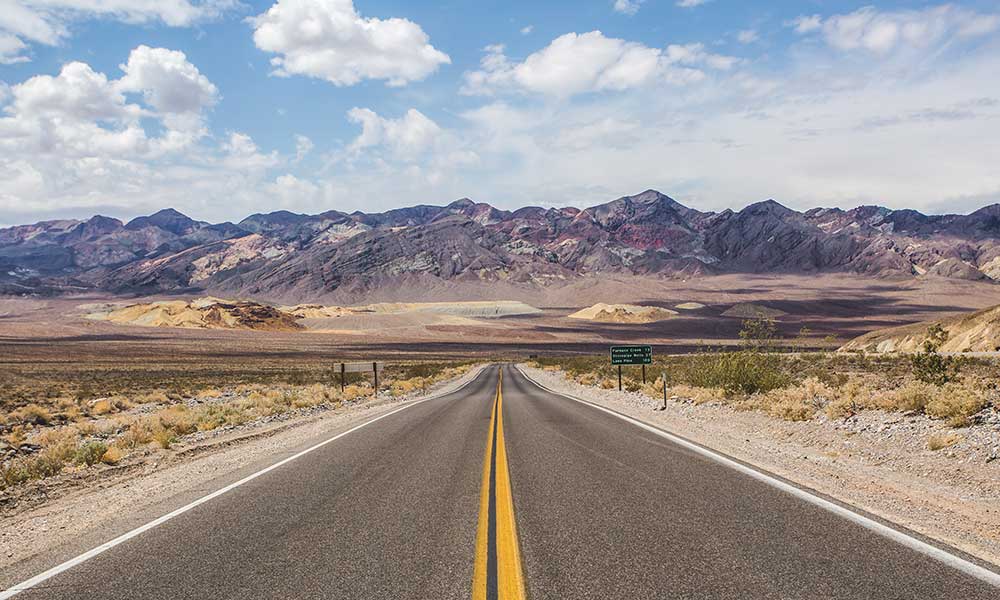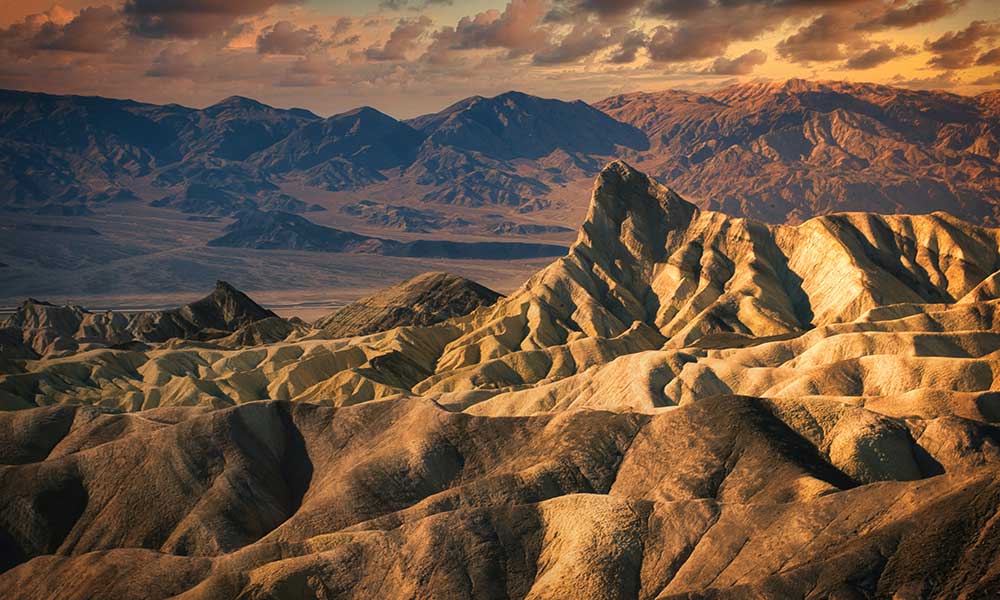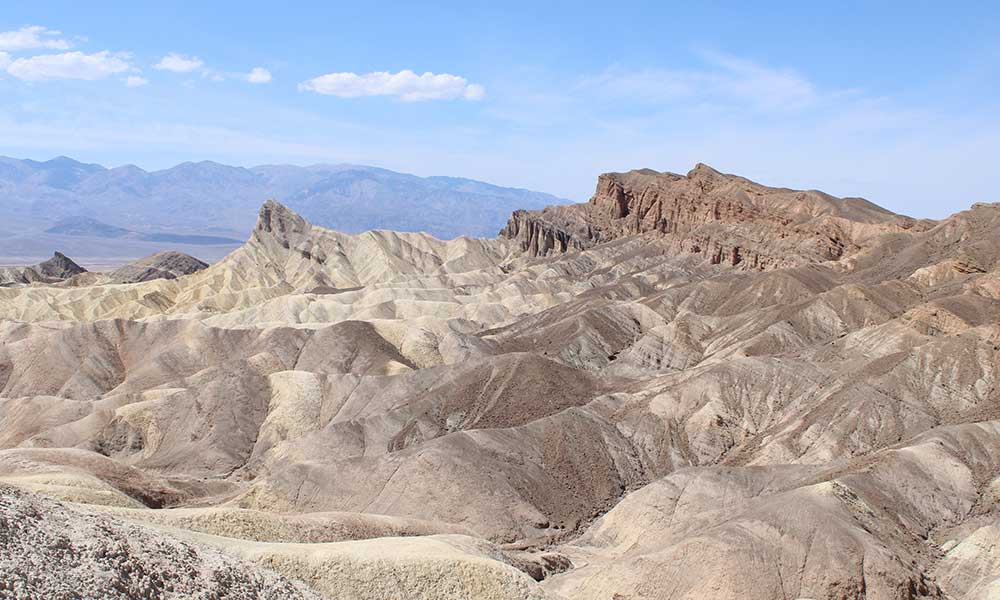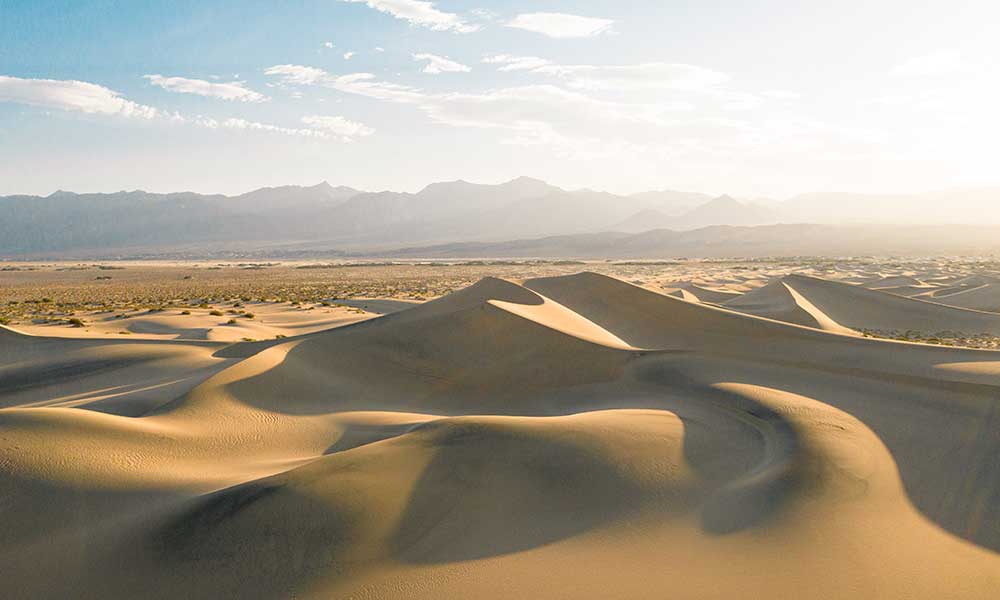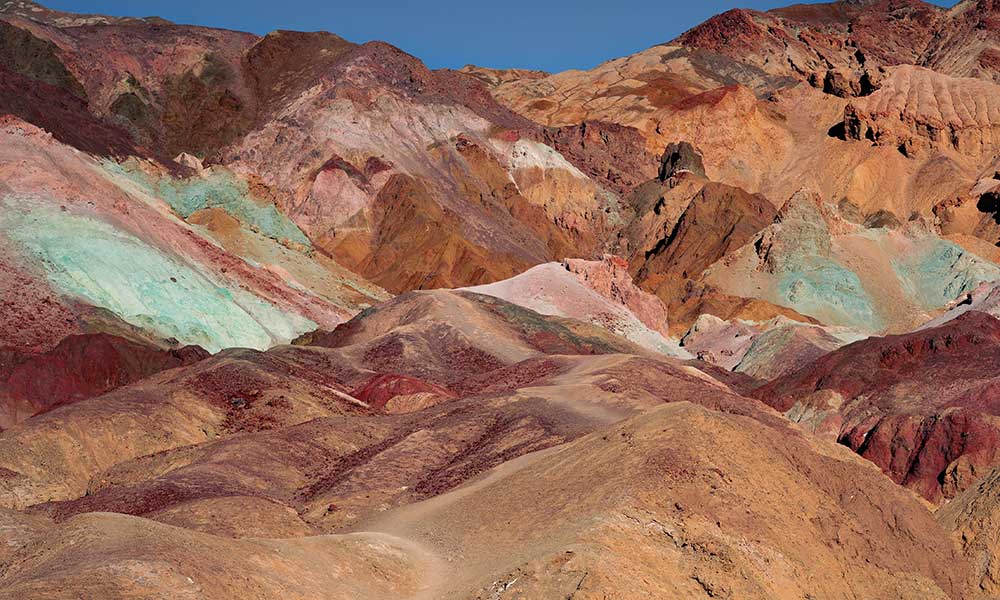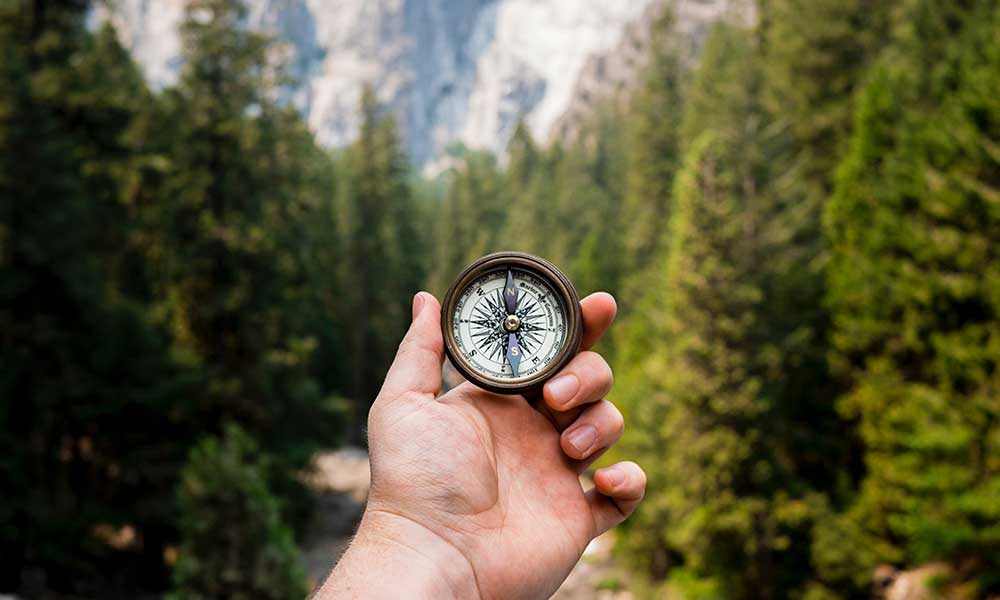One of the first things we’re told before hiking is to drink enough water while on the trail. And while most people try to stay hydrated while hiking, the fact is that most of us do dehydrate when hiking and come home feeling a little parched. So, how do you rehydrate after hiking?
If you are concerned that you’re dehydrated after hiking, drink water immediately. Experts recommend drinking at least 16 ounces of water after a hike. In addition, eating fruits and vegetables help to rehydrate your body. Also, drink some electrolytes to replace the minerals lost while hiking.
Various foods and drinks can assist you in rehydrating after a hiking trip. This article is not only aimed at those who know they are dehydrated but at anyone who has been hiking. The chances that you return slightly dehydrated from your hiking trip are almost 100%. However, dehydration is unpleasant and can also be dangerous. Therefore, you should know how to rehydrate after hiking.
How To Rehydrate After Hiking
You are recommended to drink at least half a liter of water, or two cups, every hour while hiking. Although you might think that you drank enough water, people often return home from a hike with a headache or feeling extremely tired. These are signs of dehydration and should be addressed as soon as possible. So, here are some tips for rehydrating after hiking.
1. Drink Plenty Of Water To Rehydrate After Hiking
It might seem obvious, but water is the best way to rehydrate after a hiking trip. Drink at least sixteen ounces of water when you return home from a hiking trip to replace any fluids you lost on the trail.
You can also weigh yourself to determine how much fluid you lost. Compare your weight before you start hiking with what you weigh after hiking. The difference in weight determines how much fluids were lost while sweating, and this is what you should aim to replace.
However, don’t drink a large amount of water at once as this might make you feel ill. Instead, regularly take small sips of water to replace the fluids you have lost while hiking.
2. Eat Fruits And Vegetables To Rehydrate After Hiking
Apart from drinking additional water when you return from your hike, you must also replace the minerals and salts you lost while hiking. These elements are secreted with your sweat. Having a mineral or salt deficiency will lead to headaches and muscle cramps.
Therefore, eat fresh fruit and vegetables to replace the water and minerals lost when hiking. Foods that have a high water content and can help you rehydrate after hiking are:
- Watermelon
- Berries
- Cucumber
- Spinach
- Cabbage
- Grapes
- Carrots
- Lettuce
- Oranges
In addition, coconut water is an excellent source of minerals and helps to rehydrate you sufficiently. Bananas are high in potassium and can prevent muscle cramps. The foods in this list will help replace the water and minerals you lost while hiking. They also taste delicious and are a fresh snack to enjoy after a hiking trip.
3. Drink Oral Electrolytes To Rehydrate After Hiking
In case you have more severe symptoms of dehydration, or if you don’t feel like drinking water, oral rehydration packets are a great way to replace both the water and the minerals you lost while hiking. Oral rehydration supplements usually come in powder form mixed with water and then consumed.
There are many different flavors to choose from, and these rehydration packets usually taste rather pleasant. However, they tend to be expensive.
Fortunately, you can easily make oral rehydration drinks at home. Here is one recipe that makes a delicious drink just as capable of replacing your fluids and minerals as a rehydration pack.
Ingredients:
- Two tablespoons honey or maple syrup
- Two tablespoons lemon juice
- ¼ – ½ teaspoon of salt (sea salt or kosher salt)
- Two cups of water
Mix the ingredients and enjoy this drink. Remember to take small sips frequently rather than finishing the entire drink in one go.
Other beverages, such as coffee, tea, and fruit juice, will also help to replace some of the fluids lost while hiking. However, coffee and tea contain caffeine which has a dehydrating effect, and fruit juice often contains a lot of added sugar. Therefore, these beverages should be consumed in moderation, especially if you feel dehydrated.
The tips mentioned above are great for treating mild dehydration and ensuring you replace all the fluids and minerals lost while hiking. However, if you experience severe dehydration symptoms, you’ll need more help than these foods and drinks can provide.
Symptoms Of Severe Dehydration
Mild symptoms of dehydration include a dry mouth, feeling thirsty, having a headache, and exhaustion. These symptoms are fairly easy to treat and can be done by following the tips above. However, severe dehydration is another thing. Symptoms of severe dehydration include:
- Dizziness
- Muscle Cramps
- Confusion
- Stumbling, grumbling, or mumbling
- A severe headache
- Dark urine
- Severe exhaustion
- Nausea
Suppose you or someone from your group experiences these symptoms while hiking or after hiking. In that case, you should seek immediate medical help. Severe dehydration can cause various illnesses, such as kidney failure and brain swelling.
You will most likely receive an IV drip for hydration when admitted to the hospital, and your condition will be closely monitored. Although cases of severe dehydration occur sometimes, it is easy to avoid having to go to the hospital for dehydration after hiking.
Avoiding Dehydration When Hiking
As always, prevention is better than cure. Therefore, although the above tips are great for anyone, not just those feeling dehydrated, it would ultimately be best to avoid getting dehydrated while hiking in the first place.
Take sips of water regularly while hiking. Aim to drink a minimum of two cups of water every hour while hiking, regardless of the weather and how much you sweat. If you feel lightheaded or thirsty, take a break in a shaded area and drink some water. Trail mix is another great snack to take hiking as it replaces some of the minerals lost through sweat.
Furthermore, wear sun protection and hike in the shade wherever possible. Sun exposure causes you to dehydrate faster and can also lead to sunstroke or heat exhaustion.
Remind yourself to drink water while hiking. If you often forget to drink water while hiking, set a reminder on your phone or watch and take a few sips of water every twenty minutes. Bring more water than you think you will need to ensure you don’t feel thirsty or dehydrated while hiking.
Conclusion
Dehydration is common after hiking, and mild dehydration can easily be cured at home. Drink enough water, eat foods with high-water contents, or drink an electrolyte drink to rehydrate after hiking. Severe dehydration can be dangerous and should be treated immediately. Overall, it’s best to ensure your drink enough water while hiking to avoid the unpleasant effects of dehydration afterward.

